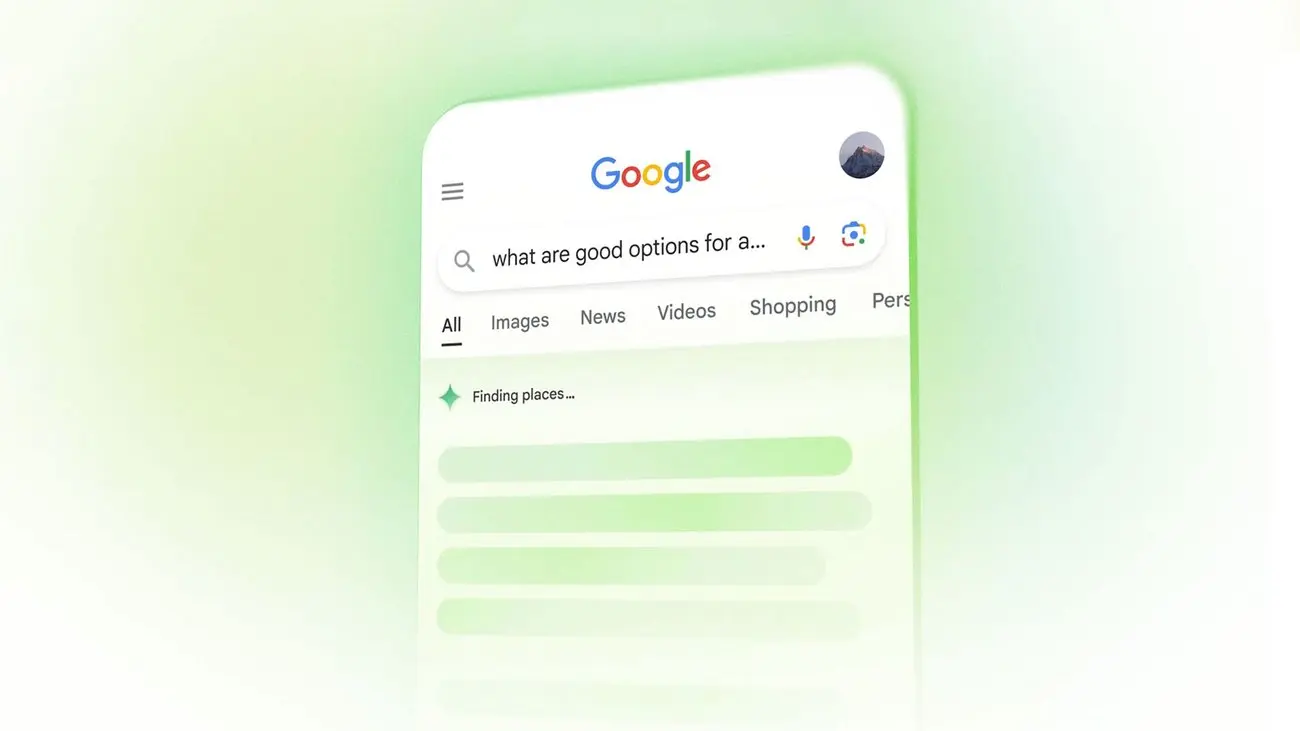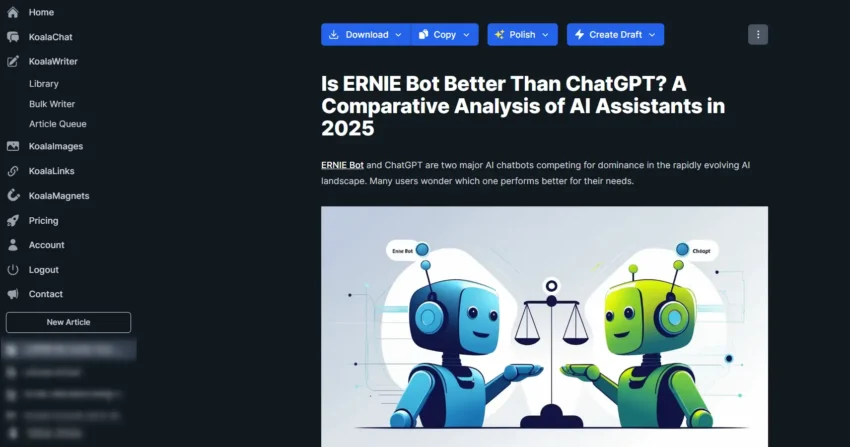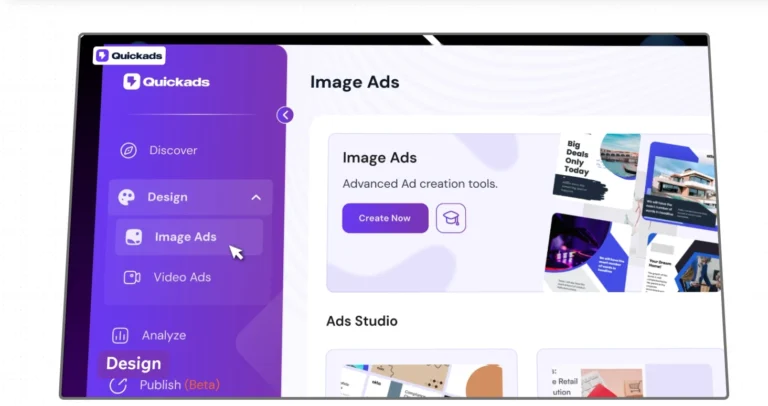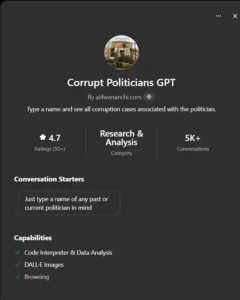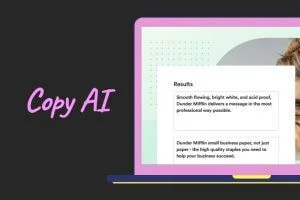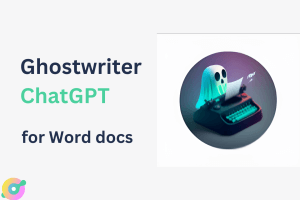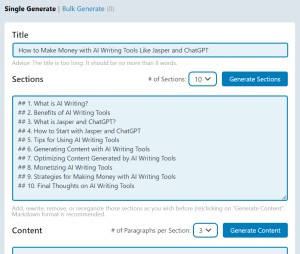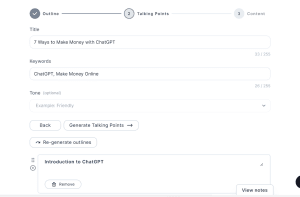Google’s AI Overviews haven’t caused major traffic drops for publishers yet. Q2 results from big names like The New York Times and IAC show little change.
- Dotdash found AI answers on just 15% of its main search areas. The effect on traffic was tiny.
- Ziff Davis saw AI answers on only 8% of its key searches. They don’t think it’s a big deal for search.
- The New York Times did great, with 41% more profit. They got 300,000 new digital subscribers and 7.8% more digital ad money.
Some thought search traffic might drop by 60% when AI Overviews came out. That hasn’t happened so far. But it could still be a problem later on.
AI Overviews had a rough start. They told people to eat rocks and stare at the sun. Google slowed down the rollout. In May, AI Overviews only showed up on 15% of searches.
Google plans to use AI Overviews more in the future. This could hit areas that aren’t affected yet.
Ziff Davis might be in more danger than Dotdash Meredith. They focus on tech and gaming news. These topics rely a lot on search traffic for guides and product tips. AI Overviews could easily mess with that.
The New York Times is safer than most. They’re a leader in the field and make money in different ways. This helps protect them from problems in the publishing world.
AI Overviews aren’t hurting traffic much now. But they could in the future. If Google uses them more, publishers might see big drops in traffic. This could make advertisers spend money elsewhere.
Publishers report ‘negligible’ traffic impact from Google AI Overviews so far. But it’s still early days.
Here’s a quick look at how AI Overviews affected different publishers:
| Publisher | AI Overview Presence | Traffic Impact |
|---|---|---|
| Dotdash | 15% of main searches | Negligible |
| Ziff Davis | 8% of key queries | Not significant |
| NY Times | Not mentioned | No apparent impact |
Key points to remember:
- AI Overviews aren’t widespread yet
- Big publishers aren’t seeing major traffic drops
- The full impact might show up later
- Some types of content could be more at risk
It’s smart for publishers to keep an eye on this trend. The publishing world changes fast, and AI Overviews could become a bigger deal soon.
Questions about Google AI and publisher traffic
How does Google rank AI content compared to human writing?
Google’s ranking system aims to prioritize high-quality content, regardless of how it’s created. The search engine looks at factors like relevance, usefulness, and expertise.
AI-generated content isn’t automatically ranked lower, but it needs to meet Google’s quality standards.
Google focuses on the value content provides to users. Well-written AI content that’s informative and helpful can rank well. Poorly-written human content may rank lower. The key is creating content that serves users’ needs.
Have publishers seen traffic changes since AI content appeared in search?
Many publishers haven’t seen major traffic drops due to AI content in Google search. Large publishers report the impact has been small so far.
Some sites may see slight decreases in certain search categories. But overall, AI content hasn’t caused widespread traffic losses for most publishers yet.
It’s still early days for AI in search results. Publishers are watching closely, but dramatic shifts haven’t happened.
Should publishers change their SEO approach because of AI content?
Publishers don’t need to overhaul their SEO strategies due to AI content. The basics of good SEO still apply:
- Create high-quality, original content
- Focus on user intent and experience
- Use relevant keywords naturally
- Build authoritative backlinks
- Optimize technical elements like site speed
Instead of worrying about AI, publishers should double down on producing valuable content for readers. Meeting user needs remains the top priority for search visibility.
How is Google ensuring quality with AI-generated articles?
Google is taking steps to maintain content quality as AI use grows:
- Refining search algorithms to better detect low-quality AI content
- Emphasizing E-E-A-T (Experience, Expertise, Authoritativeness, Trustworthiness) signals
- Improving fact-checking capabilities
- Working on ways to identify AI-generated misinformation
The company aims to reward helpful content, whether human or AI-created. Google continues updating its systems to surface the most reliable, accurate information.
What has Google said about AI content’s impact on rankings?
Google has made some public statements about AI-generated content:
- Content quality matters more than how it’s produced
- AI writing isn’t against Google’s guidelines
- Automated content should add value for users
- Google can detect and may take action on spammy AI content
Do sites need to disclose AI use to stay visible in search?
Google doesn’t currently require sites to disclose if content is AI-generated. There’s no penalty in search rankings for using AI writing tools.
However, being transparent about AI use can build trust with readers. Some publishers choose to disclose AI involvement voluntarily.
The key is ensuring content meets Google’s quality guidelines, whether AI-assisted or not.
As long as the content is valuable and follows best practices, disclosure isn’t mandatory for search visibility.

